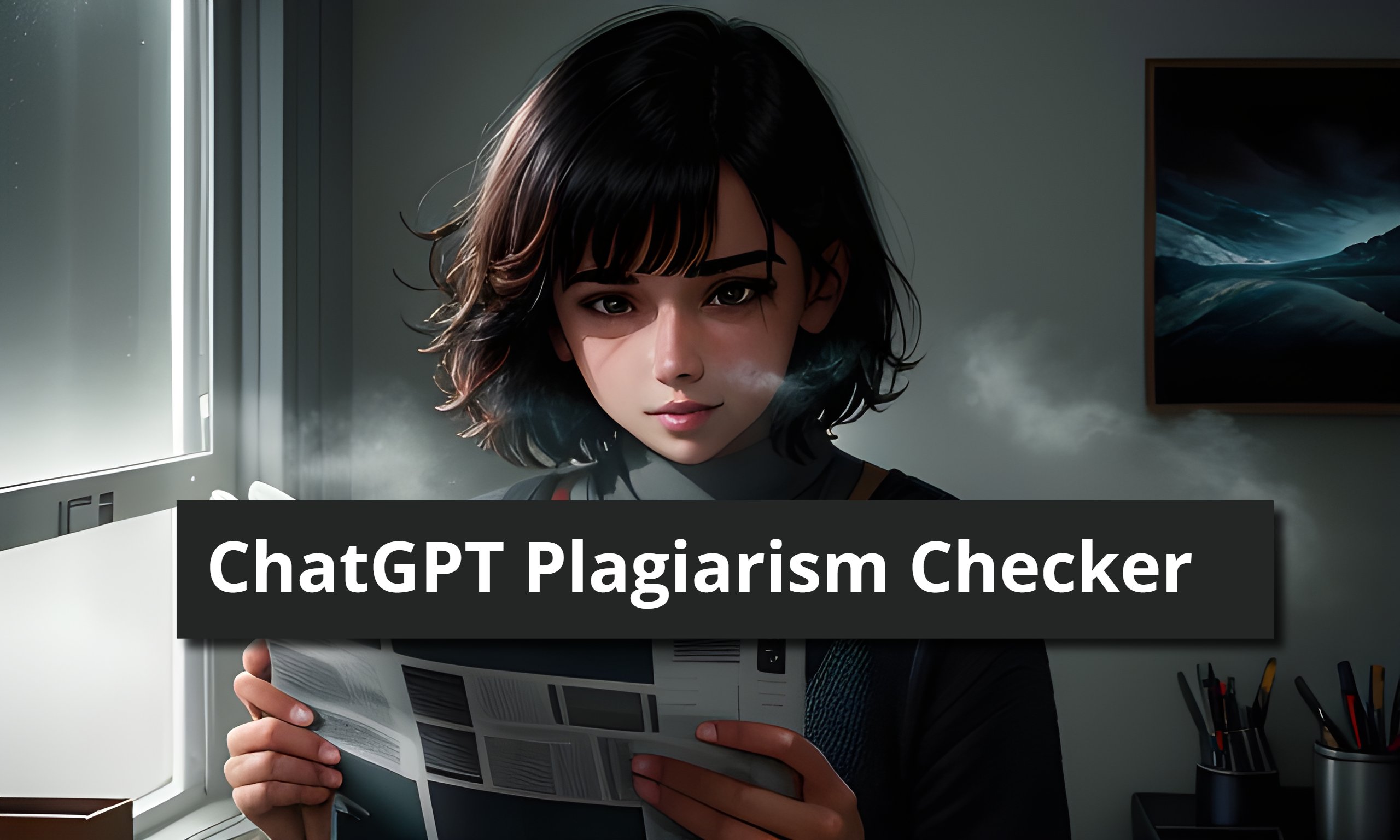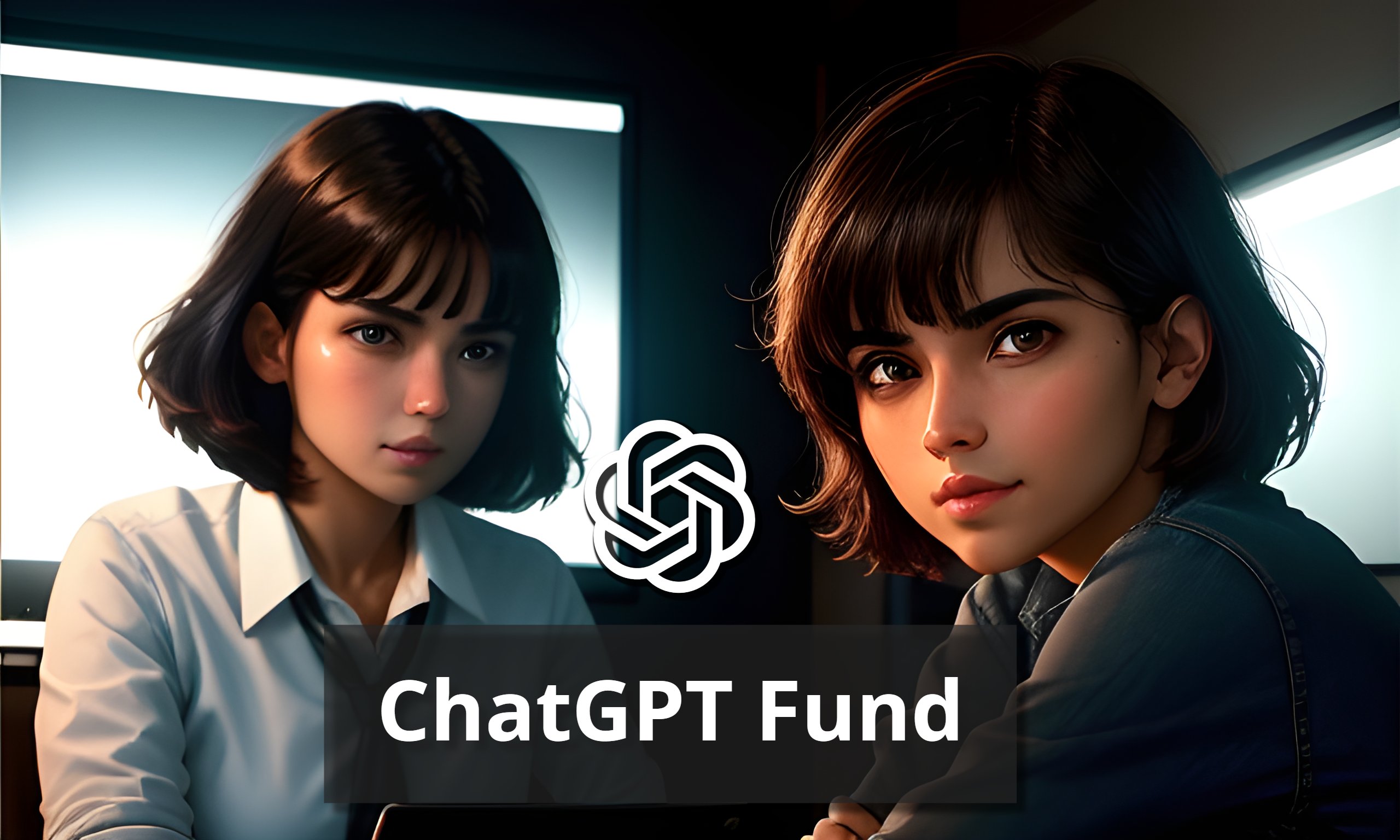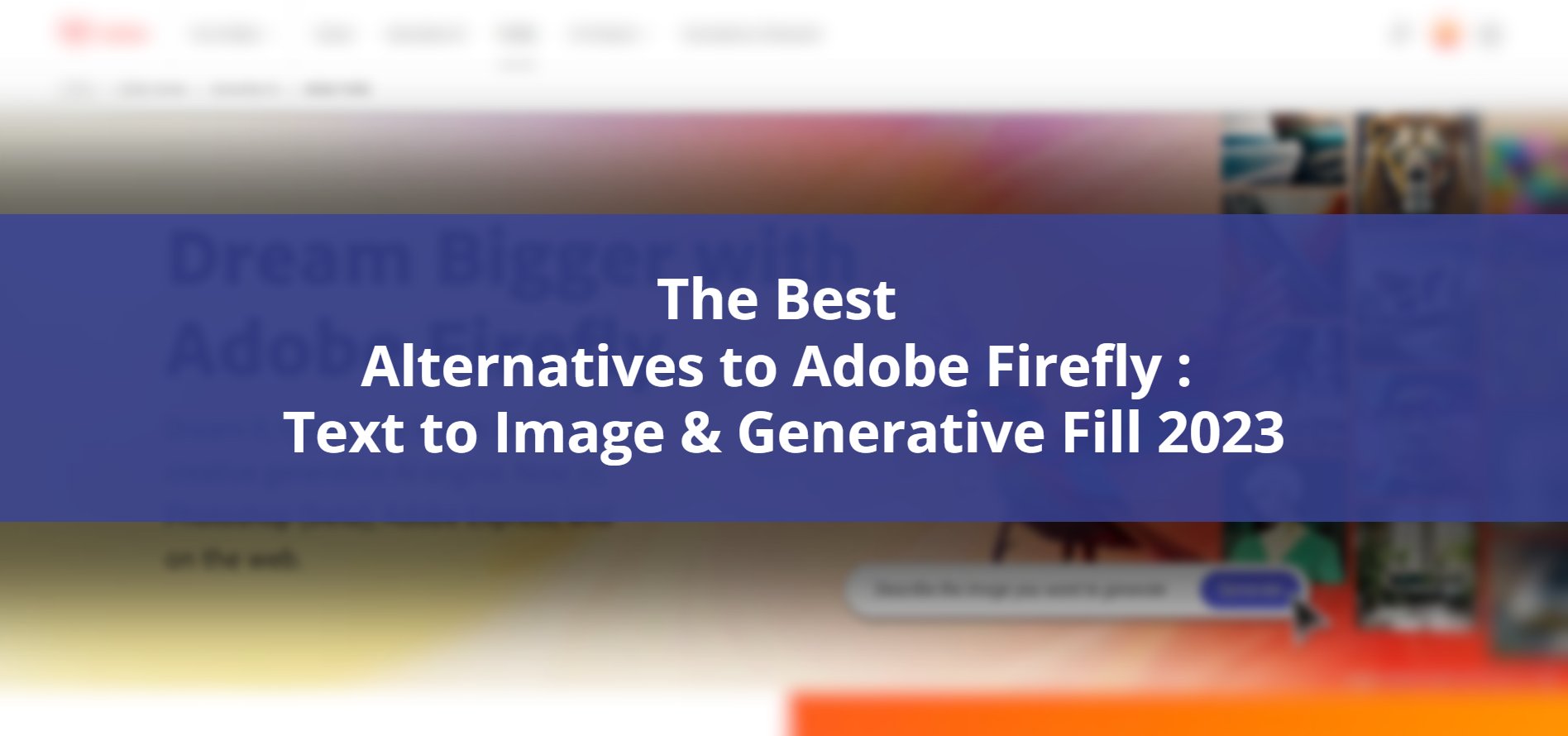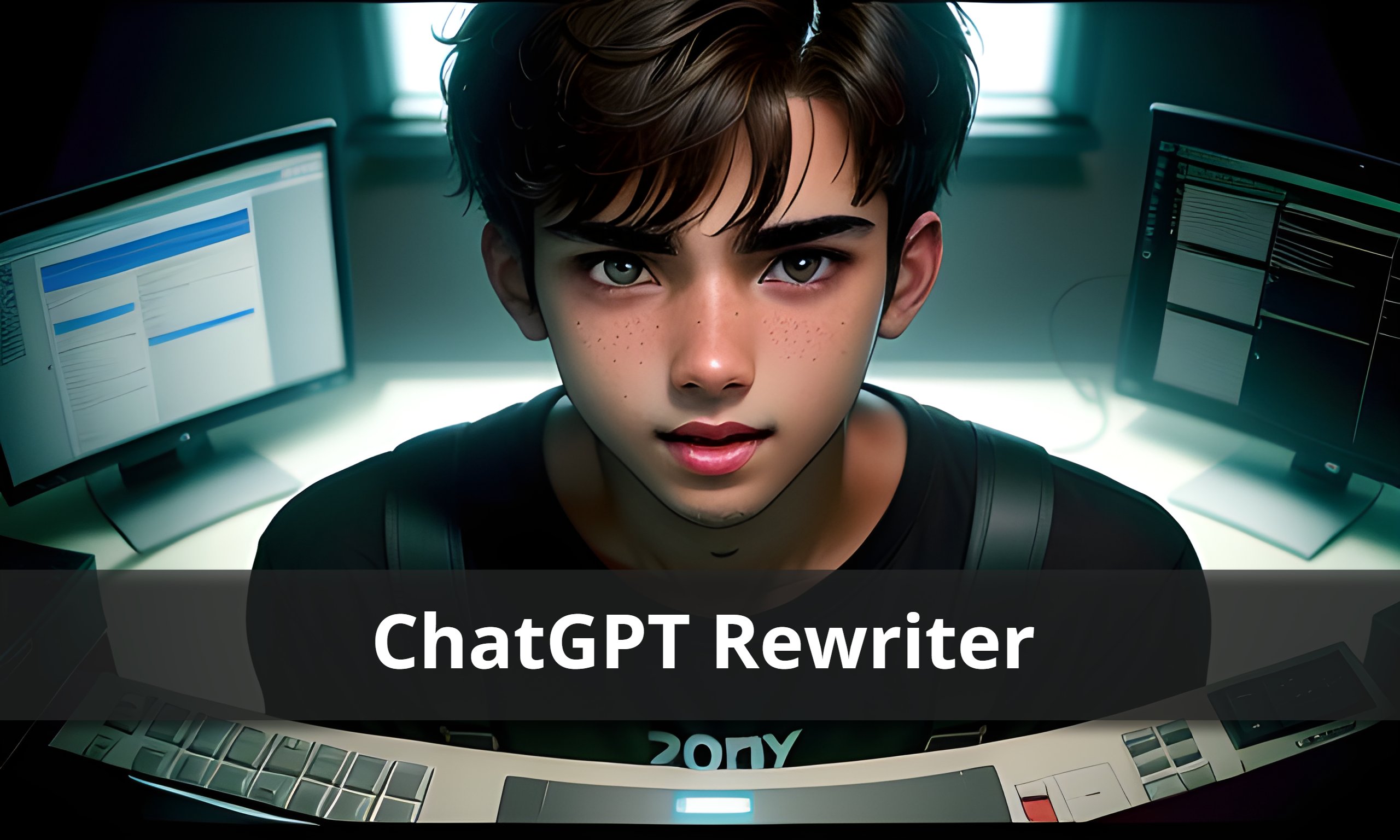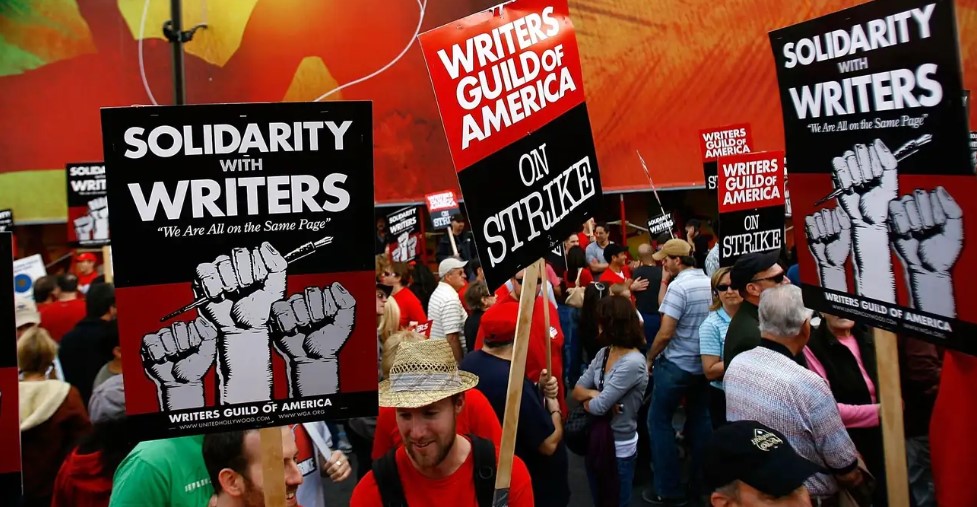
As 12,000 Writers Guild of America members go on strike, their demands include setting boundaries on AI’s involvement in screenwriting, signaling growing concerns over the technology’s impact on creativity and their profession.
Introduction
The Writers Guild of America (WGA) strike has disrupted the production of TV shows and movies as around 12,000 writers demand better pay and improved working conditions. However, amidst these demands, another issue has come to the forefront—setting boundaries on the role of artificial intelligence (AI) in the creative process, specifically in the realm of screenwriting.
AI’s Impact on Creative Professions
The quick uptake of chatbots powered by AI, like OpenAI’s ChatGPT, has worried screenwriters. Even the authors and attorneys who make up 80% of the US labour force may be affected by chatbot technology, according to OpenAI researchers. The use of generative AI art tools has already significantly altered the videogame business in China, reducing the responsibilities of artists by as much as 70%. Unexpectedly, an AI-created image recently took first place in a prominent photography contest, demonstrating the disruptive potential of AI.
Hollywood’s Elite and AI’s Role in Storytelling
Even prominent figures in Hollywood, like Joe Russo, the filmmaker and producer behind blockbuster hits like Avengers: Infinity War and Avengers: Endgame, acknowledge the future impact of AI on the creative process. Russo envisions a scenario where AI “engineers storytelling” in movies, potentially replacing human writers with AI-generated content. He describes a personalized experience where individuals could request a movie starring their own photoreal avatar and the avatar of a historical figure, with the AI generating a tailored story and dialogue that mimics the viewer’s voice.
Evolving Positions on AI in the Writing Process
The WGA’s shifting position on AI throughout talks is a reflection of the industry’s continuous debate over how AI would affect the writing profession. At first, the WGA tried to control how AI was used in writing, which led some people to think that all AI tools would be barred from writers’ rooms. The WGA has recently revised its position, saying that it is open to AI technologies provided that they have no effect on authors’ credits or residuals. The union wants to stop businesses from undermining writers’ working conditions, such as pay, residuals, separated rights, and credits. The WGA emphasizes that although AI can be utilized as an additional tool, it should not replace the job covered by the Minimum Basic Agreement (MBA), which is the contract between the WGA and the industry.
Pressure on Screenwriters from Multiple Angles
- The demands surrounding AI coincide with existing challenges faced by screenwriters.
- The rise of streaming companies has led to a decline in syndication and residual income.
- The streaming era has brought an influx of new content.
- Smaller writers’ rooms have become more common.
- Decreased pay for writers is a significant issue.
- The advancements in AI technology further compound these challenges.
- AI technology has the potential to exacerbate the pressures faced by screenwriters.
Conclusion
The strike by the Writers Guild of America members brings to light the growing concerns about the role of AI in the creative process, specifically in screenwriting. While the demands for better pay and working conditions remain at the forefront, the inclusion of demands related to AI highlights the need to set boundaries and protect the integrity of the writing profession. The evolving positions on AI during negotiations reflect the dynamic environment in which the industry operates, as it grapples with the implications and potential impact of AI on creativity and job security. It remains to be seen how the ongoing dialogue between the writers and the studios will shape the future relationship between AI and the writing profession.
Will AI completely replace human screenwriters in the future?
While AI has the potential to play a significant role in the creative process, replacing human screenwriters entirely is unlikely. AI can be a valuable tool for generating ideas and assisting in the writing process, but it lacks the human touch and nuanced storytelling abilities that make screenwriting a unique craft.
What are the concerns about AI in screenwriting
The concerns primarily revolve around job security and the impact on creativity. Screenwriters worry that widespread adoption of AI in the industry could lead to fewer opportunities for human writers, reducing the demand for their skills and expertise. Additionally, there is a fear that AI-generated content might lack the emotional depth and originality that human-created stories can provide.
Can AI be used as a helpful tool for screenwriters?
Yes, AI can be a valuable supplementary tool for screenwriters. It can assist in generating ideas, providing research material, and even helping with dialogue suggestions. When used properly, AI can enhance the creative process and streamline certain aspects of writing.
How can the integrity of the writing profession be protected amidst AI advancements?
To protect the integrity of the writing profession, it is crucial to establish clear boundaries and guidelines regarding the use of AI. This includes ensuring that AI-generated content does not undermine the rights, compensation, and creative contributions of human writers. The industry must strike a balance between utilizing AI as a helpful tool while maintaining the crucial role of human creativity and authorship.
What can writers do to adapt to the changing landscape of the industry?
Writers should embrace the opportunities that AI presents while also honing their unique storytelling abilities. It’s important to stay updated on AI advancements and learn how to incorporate AI as a tool in their creative process. Additionally, writers should explore new platforms and avenues, such as streaming services, that offer alternative opportunities for showcasing their work and connecting with audiences.
![ChatGPT Plagiarism Checker: Unveiling the Best Tools & Methods [June 2023]](https://thegptime.com/wp-content/uploads/2023/06/ChatGPT-Plagiarism-Checker-210x150.jpg)
![ChatGPT Fund: AI-Powered Investing [June 2023]](https://thegptime.com/wp-content/uploads/2023/06/ChatGPT-Fund-210x150.jpg)

